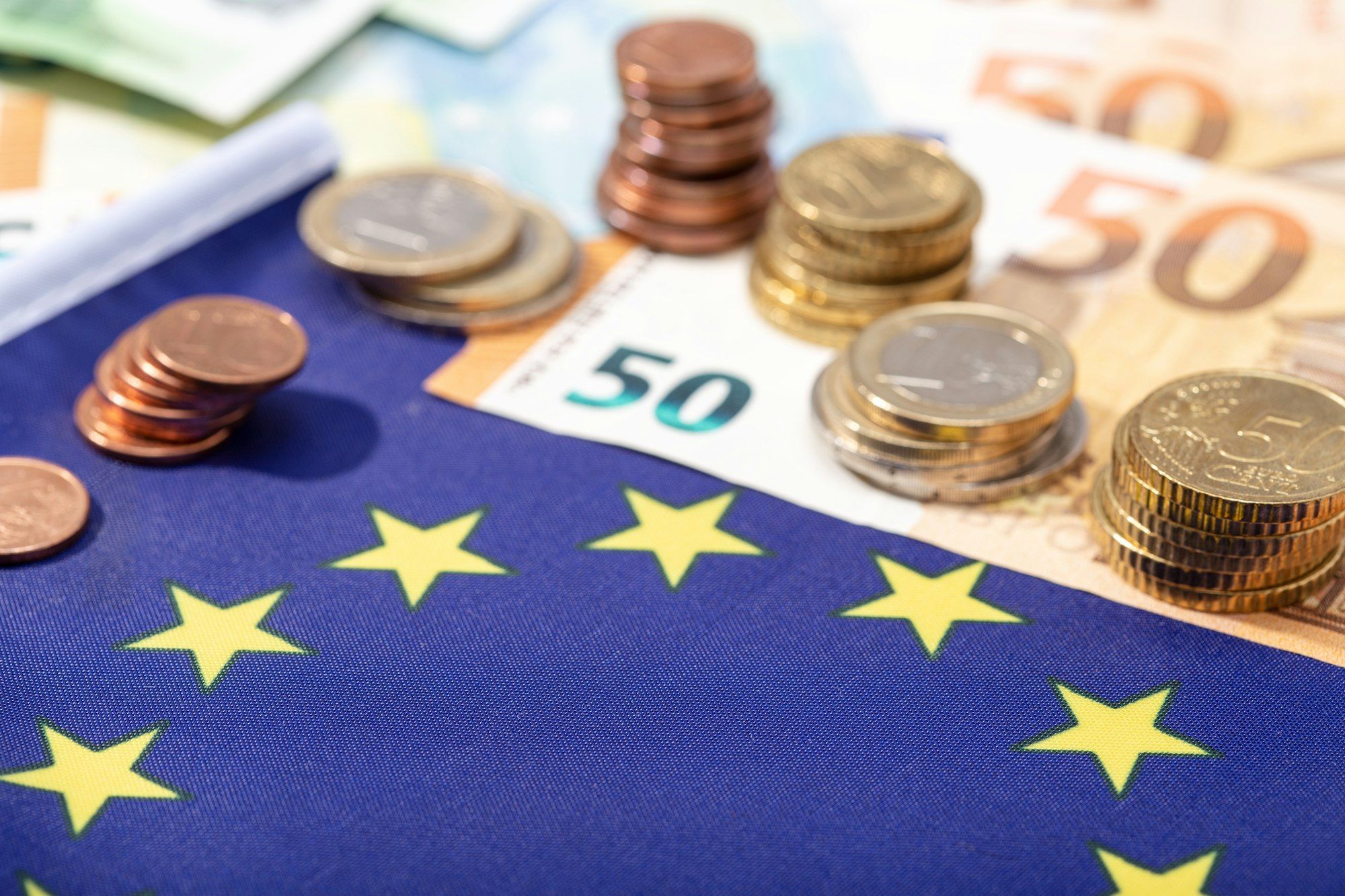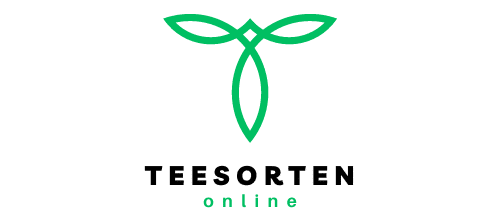Horizon europe: unlocking €95.5b in research and innovation funds

Horizon Europe, with its extraordinary €95.5B budget, is set to transform European research and innovation between 2021 and 2027. By unlocking unprecedented funding opportunities, this program aims to strengthen the EU’s global competitiveness. Join us as we explore its key pillars, application process, and the impact of funded projects to help you seize these remarkable opportunities for scientific and industrial breakthroughs.
Overview of horizon Europe
Horizon Europe is the European Union's flagship funding program for research and innovation, designed to drive scientific excellence and address global challenges. With a substantial budget of €95.5 billion allocated for the period from 2021 to 2027, it aims to bolster the European Research Area (ERA) and enhance the EU's competitiveness on the global stage.
Lire également : How Can Small UK Businesses Leverage IoT for Enhanced In-Store Customer Experiences?
Budget and timeline
The program's budget, finalized after nearly three years of negotiations, is set to support a wide array of initiatives over its seven-year span. This substantial investment underscores the EU's commitment to fostering innovation, addressing societal challenges, and promoting sustainable growth. Despite the established budget, Members of the European Parliament (MEPs) continue to advocate for additional funds to maximize the program's impact.
Central role in European research and innovation
Horizon Europe plays a pivotal role in shaping the future of research and innovation across Europe. It emphasizes collaborative research, requiring projects to involve partners from at least three different countries. This approach not only fosters international cooperation but also facilitates the sharing of knowledge and resources, thereby driving advancements in various fields such as digital transformation, health, and climate change.
A lire aussi : How to Use Blockchain to Streamline UK Supply Chains Post-Brexit?
Structural pillars
The program is structured around three main pillars:
- Excellence Science: This pillar supports fundamental and applied research through the European Research Council (ERC) and Marie Skłodowska-Curie Actions.
- Global Challenges and European Industrial Competitiveness: It addresses key areas including health, security, digital technologies, and climate, aiming to solve pressing global issues while enhancing industrial competitiveness.
- Innovative Europe: This pillar includes the European Innovation Council (EIC) and aims to create a robust European innovation ecosystem.
Accessing horizon Europe funding
To benefit from Horizon Europe funding, applicants must navigate a detailed application process. This involves crafting compelling proposals and forming strong consortia. The program provides extensive resources to assist applicants, such as Information Days and an online manual. Additionally, organizations like Welcomeurope offer expert guidance to help startups and researchers maximize their chances of securing funding.
Impact and opportunities
Horizon Europe is not just a funding mechanism; it's a catalyst for innovation and growth. By supporting cutting-edge research and fostering collaboration, it aims to create a more resilient, sustainable, and competitive Europe. Researchers, startups, and institutions across Europe are encouraged to explore the opportunities offered by this ambitious program to drive their projects forward and contribute to the collective progress of the EU.
Key funding areas and pillars
Horizon Europe is structured around three main pillars, each targeting specific aspects of research and innovation to ensure comprehensive support across various fields.
Pillar 1: excellent science
The Excellent Science pillar is dedicated to elevating the quality of European research. It supports both fundamental and applied research through two key initiatives:
- European Research Council (ERC): This initiative provides substantial grants to top-tier researchers, enabling them to pursue groundbreaking projects that push the frontiers of knowledge.
- Marie Skłodowska-Curie Actions: These actions focus on enhancing the skills and career development of researchers through international and intersectoral mobility programs.
Pillar 2: global challenges and industrial competitiveness
The second pillar, Global Challenges and European Industrial Competitiveness, addresses pressing global issues while boosting the EU's industrial capabilities. This pillar is subdivided into several clusters, each targeting specific areas:
- Health: Funding projects that aim to improve public health and healthcare systems.
- Security: Supporting research to enhance cybersecurity and public safety.
- Digital Technologies: Encouraging advancements in AI, robotics, and other digital innovations.
- Climate: Focusing on sustainable solutions to combat climate change and promote environmental resilience.
Pillar 3: innovative Europe
The Innovative Europe pillar aims to create a vibrant European innovation ecosystem. It includes the European Innovation Council (EIC), which offers support to high-potential startups and SMEs. The EIC provides funding and expert advice to help these entities scale their innovations and enter new markets.
These pillars collectively ensure that Horizon Europe addresses a broad spectrum of research and innovation needs, fostering a collaborative and competitive environment across the EU.
Application process and eligibility
Applying for Horizon Europe funding involves a series of well-defined steps designed to ensure that only the most promising and well-prepared projects receive support. Here’s a concise breakdown:
- Identify Calls for Proposals: Horizon Europe regularly publishes calls for proposals across various research and innovation areas. Applicants must identify relevant calls that align with their project goals.
- Form a Consortium: Most Horizon Europe projects require collaboration between at least three organizations from different EU or associated countries. Building a strong consortium is crucial.
- Prepare a Proposal: Crafting a compelling proposal is key. This includes a detailed description of the project, objectives, methodology, expected impact, and budget.
- Submit the Proposal: Proposals are submitted through the EU’s Funding & Tenders Portal. Adhering to the submission guidelines and deadlines is essential.
- Evaluation and Selection: Submitted proposals undergo a rigorous evaluation process by independent experts. Successful proposals are selected based on excellence, impact, and implementation.
Eligibility criteria for applicants
To be eligible for Horizon Europe funding, applicants must meet specific criteria:
- Legal Entity: Applicants must be legal entities established in an EU member state or a country associated with Horizon Europe.
- Consortium Requirements: Most projects require a consortium of at least three independent entities from three different eligible countries.
- Innovation and Impact: Projects must demonstrate a high level of innovation and potential impact on societal challenges or industrial competitiveness.
- Financial and Operational Capacity: Applicants must prove they have the necessary resources and expertise to successfully execute the project.
Tips for successful application
Securing funding from Horizon Europe is highly competitive. Here are some tips to enhance your chances:
- Align with Program Priorities: Ensure your project aligns with the strategic priorities of Horizon Europe, such as digital transformation, health, and climate change.
- Strong Consortium: Form a consortium with reputable and complementary partners to strengthen your proposal.
- Clear Objectives and Impact: Clearly define your project’s objectives and potential impact. Use quantitative and qualitative metrics to support your claims.
- Expert Guidance: Utilize resources like Information Days, online manuals, and expert guidance from organizations such as Welcomeurope to navigate the application process effectively.
By following these steps and tips, researchers and innovators can significantly improve their chances of obtaining funding from Horizon Europe, enabling them to contribute to Europe's research and innovation landscape. You can visit https://www.welcomeurope.com/en/programs/horizon-europe/ to learn more about it.
Success stories and impact
Horizon Europe has already funded numerous groundbreaking projects, each contributing significantly to the advancement of various fields. One notable example is the Human Brain Project, which received extensive funding to develop a comprehensive understanding of the human brain. This project has led to significant breakthroughs in neuroscience, providing valuable insights into brain disorders and fostering the development of innovative treatments.
Another success story is the Graphene Flagship initiative, which aims to bring graphene and related materials from academic laboratories into European society. This project has facilitated the creation of new materials and technologies, impacting industries such as electronics, energy, and healthcare.
Impact on European innovation landscape
The impact of Horizon Europe extends beyond individual projects, fundamentally transforming the European innovation landscape. By fostering cross-border collaborations and promoting interdisciplinary research, the program has enhanced the EU's ability to tackle complex global challenges. For instance, the collaborative nature of Horizon Europe has accelerated advancements in digital transformation and climate resilience, ensuring that Europe remains at the forefront of scientific and technological innovation.
Testimonials from successful applicants
Researchers and institutions that have benefited from Horizon Europe funding often highlight the program's transformative impact. Dr. Maria Gonzalez, a lead researcher in a Horizon Europe-funded project on renewable energy, stated, "The funding and support we received allowed us to explore innovative solutions that would have been impossible otherwise. Our project's success is a testament to the power of collaborative research and the resources provided by Horizon Europe."
Similarly, startups have found Horizon Europe to be a crucial enabler of growth and innovation. John Smith, CEO of a tech startup that secured funding through the European Innovation Council (EIC), remarked, "Horizon Europe not only provided the financial support we needed but also connected us with leading experts and partners across Europe. This network has been invaluable in scaling our solutions and entering new markets."
These success stories underscore Horizon Europe's role as a catalyst for innovation, driving Europe towards a more sustainable and competitive future.
Resources and support for applicants
Horizon Europe offers a wealth of resources to help applicants navigate the complex funding landscape. One of the primary resources is the Information Days, which are organized to provide detailed insights into the program’s calls for proposals, eligibility criteria, and application procedures. These events are invaluable for understanding the nuances of the funding process and for networking with potential partners.
Another essential resource is the online manual, a comprehensive guide that walks applicants through every step of the application process. This manual includes templates, checklists, and examples of successful proposals, making it easier for applicants to craft their submissions. Additionally, the manual provides answers to frequently asked questions, ensuring that applicants have access to the information they need to avoid common pitfalls.
Support services
Beyond informational resources, Horizon Europe also offers various support services to enhance the chances of securing funding. One notable service is the availability of consultations with experts who can provide personalized advice on proposal development. These consultations can help applicants refine their project ideas, align them with Horizon Europe’s priorities, and address any weaknesses in their proposals.
Expert guidance is also available through organizations like Welcomeurope, which specialize in helping applicants navigate the intricacies of the Horizon Europe program. These organizations offer services ranging from initial project assessment to detailed proposal writing and submission support. By leveraging their expertise, applicants can significantly improve their chances of success.
Partnering opportunities for cross-border projects
Horizon Europe places a strong emphasis on collaborative research, requiring projects to involve partners from at least three different countries. To facilitate this, the program provides various platforms and events designed to help researchers and institutions find suitable partners. These include partnering events, online matchmaking tools, and dedicated networks that connect potential collaborators across Europe.
Engaging in cross-border projects not only strengthens proposals but also enhances the quality and impact of the research. By pooling resources, knowledge, and expertise, collaborative projects can address complex challenges more effectively and drive innovation across multiple sectors.
By utilizing these resources and support services, applicants can navigate the Horizon Europe funding landscape more effectively, increasing their chances of securing the funding needed to advance their research and innovation projects.
